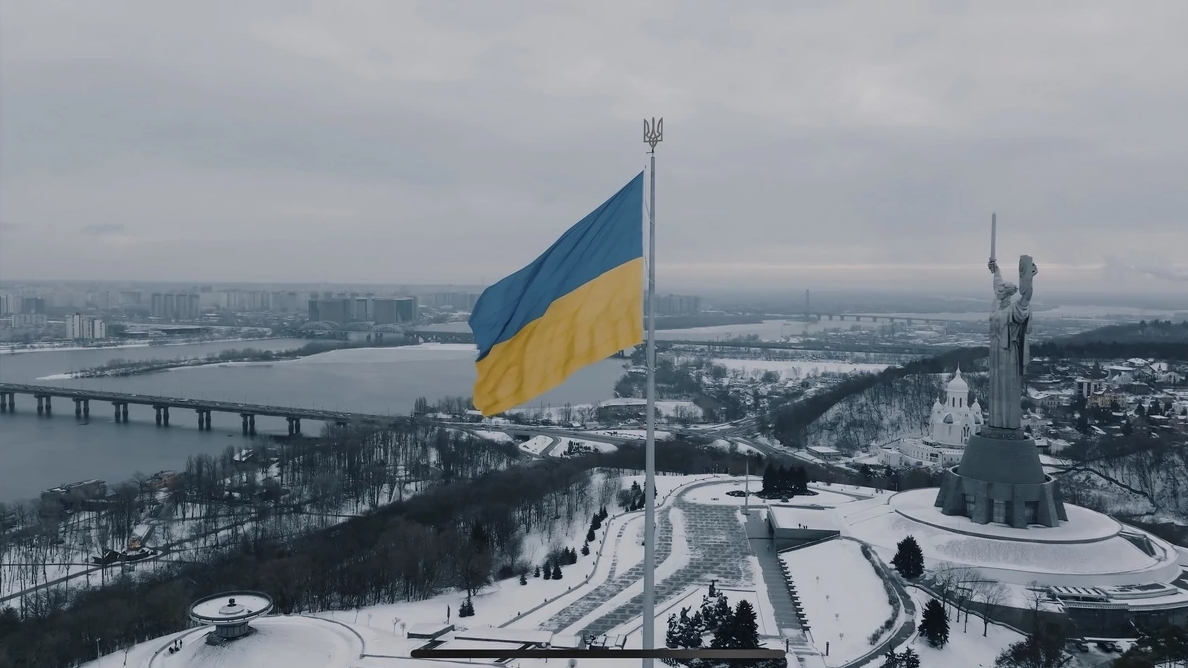Deputy head of the president's office: we expect security guarantees from the West, not assurances
Estimated reading time: 3 minutes
Ukraine is navigating a diplomatic challenge to secure meaningful security guarantees from the West, emphasizing the inadequacy of the 1994 Budapest Memorandum.

Ukraine expects security guarantees, not assurances
Ukraine is navigating a delicate diplomatic process to secure robust security guarantees from Western nations. In an exclusive interview with Ihor Zhovkva, the deputy head of the Ukrainian president's office, he emphasized the need for a comprehensive and binding document that goes beyond the ineffectiveness of the 1994 Budapest Memorandum.
Zhovkva outlined Ukraine's insistence on avoiding mere “assurances” and highlighted the urgency of balancing speed with substantive content.
Ukraine expects security guarantees, not assurances
Zhovkva pointed out the limitations of the Budapest Memorandum signed in 1994, where the United States, Russia, and Great Britain pledged to respect Ukraine's sovereignty and territorial integrity. Unfortunately, this commitment did not prevent Russia's aggression in 2014 or the more recent full-scale aggression in 2022. The deputy head stressed that Ukraine is determined not to repeat the shortcomings of the Budapest Memorandum.
Expressing the need for urgency, Zhovkva underlined the desire for a legally binding document that would undergo thorough approval procedures in each participating country. He emphasized that Ukraine cannot afford another ineffective agreement and insisted on a more robust framework that guarantees security against potential threats.
"We want it to be a legally binding document that will undergo appropriate approval procedures in each country,"
said the deputy head of President Volodymyr Zelensky's office.
In July of this year, leaders from Ukraine and the G7 countries, including the US, Canada, Japan, Great Britain, Germany, France, and Italy, jointly announced a political commitment to defend Ukraine during the ongoing conflict and any potential future aggression from Russia. Unlike the Budapest Memorandum, this declaration is not a closed document, and Ukraine anticipates signing individual security treaties with each signatory country.
Unlike the Budapest Memorandum, the new security guarantees encompass specific commitments, including the delivery of modern military equipment such as air defense systems, long-range artillery, firepower, armored vehicles, and combat aircraft. Importantly, these commitments remain valid even in the event of a change in government in the respective countries.
International support and negotiations
Approximately 30 countries have signed the declaration, signifying international support for Ukraine's quest for security guarantees. Notably, Ukraine has engaged in negotiations with key Western nations, holding talks with Germany and the UK to solidify agreements on security assurances.
While progress has been made, Ukraine faces challenges in securing support from all European Union member states. As of now, Austria, Croatia, Poland, Hungary, Slovakia, and Malta have not yet joined the declaration. However, Andriy Sybiha from President Zelensky's office expressed confidence in their political will and ongoing efforts to bring these countries into the fold.
Ukraine's pursuit of robust security guarantees is a critical diplomatic endeavor, marked by the lessons learned from the Budapest Memorandum. The emphasis on legally binding commitments and specific provisions reflects a strategic approach to fortify Ukraine against potential threats. As negotiations continue, the international community watches closely, recognizing the importance of a comprehensive and effective security framework for the region.



